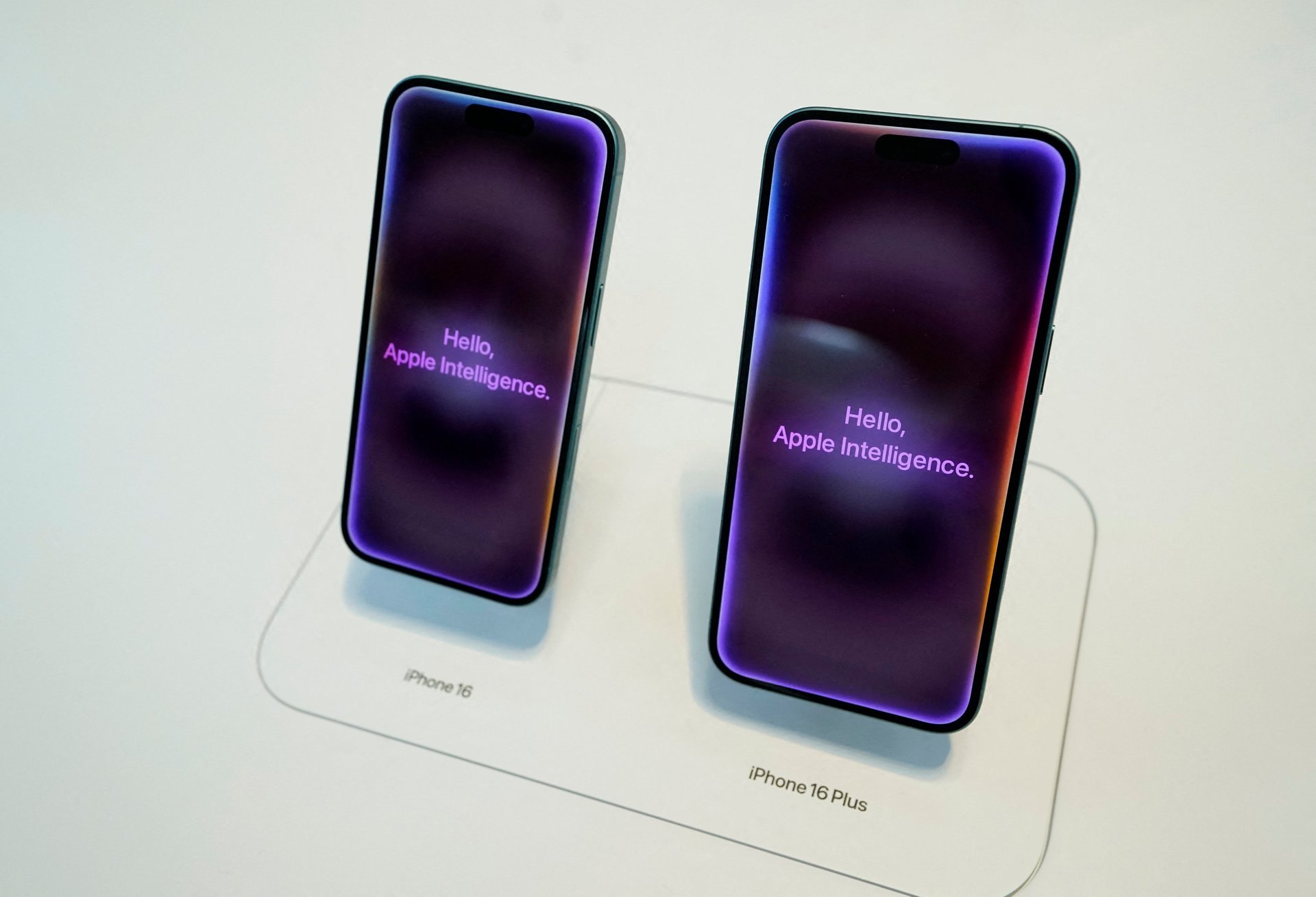Apple has big AI ambitions. They might take a while
The staggered release of Apple Intelligence won't be an immediate boon to iPhone sales, analysts say

Despite Apple’s (AAPL) strong fourth fiscal quarter performance, analysts warn that the iPhone maker’s new artificial intelligence features might not boost sales for at least a few more years.
Suggested Reading
Apple saw a record $94.9 billion in revenue for the quarter, with iPhone sales up 6% year-over-year, the Cupertino, California-based tech giant said Thursday. But it forecast low to mid-single digit total revenue growth in the upcoming December quarter, falling short of consensus estimates of about 7%.
Related Content
For analysts at Jefferies (JEF), that’s a sign that iPhone momentum won’t continue into the next quarter. Instead, the strategists believe that the better-than-expected iPhone growth was due to an early launch of the iPhone 16 compared with the iPhone 15 last year, as well as iPhone 16 production starting a few weeks earlier than last year.
“We believe in the [December quarter], AAPL would not longer benefit from an earlier iPhone 16 production and launch,” Jefferies analysts said. They added that Apple Intelligence, the company’s newly-released AI tools, “may not revive sales dramatically since AI capabilities are limited for the time being.”
Apple stock was down about 1.5% in Friday morning trading.
Apple CEO Tim Cook, however, sees the introduction of AI to Apple’s suite of products as a transformative leap for the company, which has had a late start in the AI race.
“Apple Intelligence marks the beginning of a new chapter for Apple innovation,” Cook said on a call with analysts Thursday. He later added that Apple Intelligence marks the “beginning a new era for iPhone.”
Apple officially rolled out Apple Intelligence for users with the iPhone 15 Pro or iPhone 16 on Monday, after weeks of delays. The company first unveiled its latest slate of iPhones and Apple Intelligence at its annual event in early September.
But the company has opted for a staggered rollout of its new AI features, with the next wave set to come out in December. This includes more powerful writing tools, visual additions to ChatGPT integration, and localized English in several countries, Cook said. Apple plans to add more languages and other tools next April.
This gradual rollout will likely only start creating payoff in 2026 or 2027, Jefferies analysts said Friday. As a result, they warned that “current expectations for Apple Intelligence to kickstart a super upgrade cycle are too high.”
While analysts don’t see big benefits coming immediately, there is still optimism around future updates. D.A. Davidson managing director and senior software analyst Gil Luria said in a note Thursday that he still believes Apple Intelligence will be a “strong catalyst for iPhone 16 growth that increases as more features are released.”
“Preliminary Apple Intelligence features just began rolling out to iPhones in the past week, which we find incrementally positive, though we expect future feature releases to be more compelling that will help catalyze an upgrade cycle with the new iPhone 16 family,” Luria said.
On the whole, it’s harder for analysts to tell exactly how the new specs will drive sales, given that the features will become incrementally available through software updates rather than through a launch, Bank of America (BAC) researchers said in a Friday note. But they said the rollout could result in improvements in iPhone growth through 2025 and beyond.
Wedbush analysts led by Dan Ives, who have long argued in favor of an AI-driven upgrade “supercycle” for the iPhone, said the September quarter results left them feeling more confident that Apple Intelligence “will spark a multiyear upgrade cycle that will result in a supercycle and ultimately drive iPhone growth towards the high single digits.”
According to Wedbush estimates, there are roughly 300 million iPhones globally that have not been upgraded for more than four years.